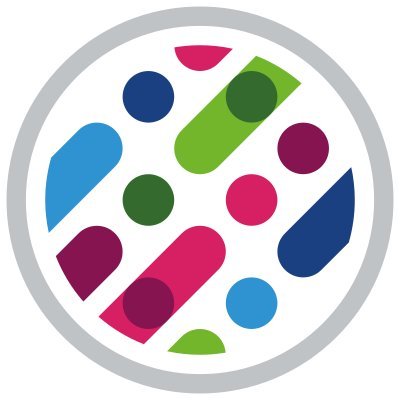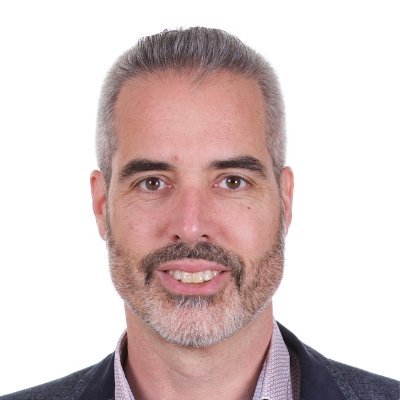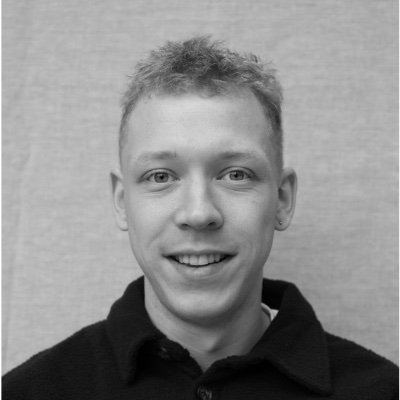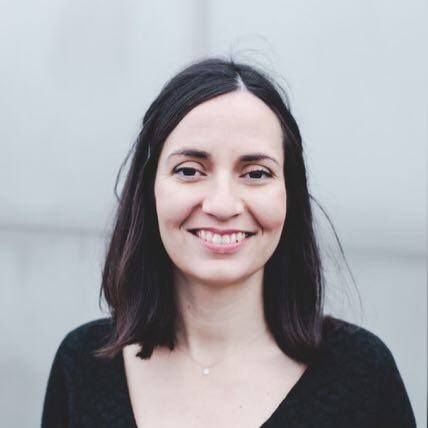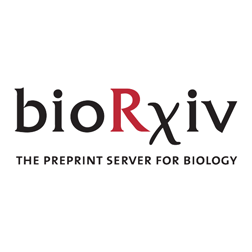
Adrien Peyrache 🪐😴⚡️
@apeyrache
Followers
4K
Following
4K
Media
368
Statuses
3K
Space, Sleep, and Spikes. Associate Prof @McGillU @TheNeuro_MNI. Co-director @ReseauSommeilQC.
Montréal, Québec
Joined August 2009
🥳Super pumped to share our latest collaboration with @EmilieMaceLab and Stuart Trenholm. We show how visual objects specifically recruit neurons in the spatial navigation system, especially in the head-direction network, suggesting a specific circuit to detect landmarks 1/
Visual objects refine head direction coding https://t.co/E53hTWY88s
#biorxiv_neursci
2
21
61
Many thanks to theory & experimental colleagues fo their thoughtful viewpoints 🧠 @MillerLabMIT @GauteEinevoll @apeyrache @aa_fenton @AnnaDevor @jvoigts @sepalmerNeuro @LMPrida @LecoqJerome @Chen3Sage Lisa Giacomo , Satrajit Ghosh, Luca Mazzocato, @eNeuroEiC
Should neuroscientists keep all raw data or focus on processed datasets? Nima Dehghani @neurovium asks experimentalists and theorists for their thoughts on neurophysiology’s data dilemma: https://t.co/hdU3AHxdgY Check out some opinions in the thread below:
1
6
19
🌟 Meet @apeyrache Peyrache, Co-Director of our network! Visionary, determined, and always innovative, Adrien inspires groundbreaking research in neuroscience and sleep studies. His charismatic leadership drives meaningful collaborations across the field. Learn more here!
0
2
4
Public repository for code and data - https://t.co/kWrpy6V5NC, for our preprint "Classification of psychedelics and psychoactive drugs based on brain-wide imaging of cellular c-Fos expression" PS: much issues with CodeOcean for peer review.. Now it is on @github too. 👨💻👩💻
github.com
A set of scripts used to analyze data from whole brain lightsheet experiments. - Kwan-Lab/aboharbdavoudian2025
1
10
57
Early days, but it looks like our authors don't think we need an impact factor either! Submissions are strong in numbers and high quality since the Clarivate announcement. We should not let a multibillion dollar company dictate how science is evaluated!
Following the news that eLife will not receive an Impact Factor in 2025, we’ve shared an update on how our model is doing since we were first placed “on hold” by Web of Science, and what we’re up to now. Find out more. https://t.co/mhpvPEa5kV
2
28
106
Report: Every dollar of NIH research funding doubles in economic returns https://t.co/OXRwGJx81Q cc @SimonHarrisTD @podonovan @Researchirel
fiercebiotech.com
Research funded by the National Institutes of Health (NIH) generated $2.46 in economic activity for every $1 of funding in 2023, a total of $92.9 billion, according to an
0
8
17
What are the brain’s “real” tuning curves? Our new preprint "SIMPL: Scalable and hassle-free optimisation of neural representations from behaviour” argues that existing techniques for latent variable discovery are lacking. We suggest a much simpl-er way to do things. 1/21🧵
4
52
291
Opening remarks by @apeyrache for @ReseauSommeilQC 's first mini-retreat on wearable technologies! Looking forward to hearing from experts in the community from Quebec and elsewhere on the present and future of sleep technologies.#sleeppeeps
0
3
12
Super proud of Nour Chahine @nouroscience, PhD student in the lab, and recipient of a prestigious Vanier Scholarship.
1
1
34
I agree with @WiringTheBrain. Leaving X entirely and creating an echo chamber elsewhere may not be the best solution. We need to engage with the public more than ever and cultivate critical thinking. I’ll stay on both for now.
My take on scientists leaving Twitter/X: It's great to see communities really developing on other platforms and there are lots of good reasons to boycott this place... 1/n
6
8
47
🚨 Registration is closing on Nov 11! Join us for a mini-retreat on portable technologies that improve sleep quality. Don’t miss this opportunity! Sign up here: https://t.co/pGbNRAweov
0
1
2
📢 Le Réseau québécois de recherche sur le sommeil lance son premier appel à projets pilotes en santé et sécurité au travail (SST) pour explorer le sommeil, les rythmes circadiens et la SST en interdisciplinarité. En savoir plus+ & postuler: https://t.co/WDxiHbXRMR
#sommeil
reseausommeil.ca
0
2
2
I found something quite scary in my office this morning… Happy Halloween everyone!! 🎃👻
0
0
25
Check out this amazing manuscript elegantly combining functional ultrasound imaging and electrophysiology to reveal neural mechanisms of how object recognition boosts spatial navigation! by the amazing @EmilieMaceLab and colleagues
🚨New preprint from the lab!🚨 We found a preference for visual objects in the mouse spatial navigation system and discovered that visual objects dynamically boost the encoding of head-direction! https://t.co/fHx37Kt9ak 🧵👇1/
0
4
33
Thanks for the shoutout @KordingLab. Follow @thepynapple for the latest update and workshop announcement. (And follow @Guillaume_Viejo who’s leading the software development!)
Analyzing neural data ? Consider using pynapple https://t.co/EI8QnXaWsO great package by @apeyrache
0
3
8
Exciting new results from @EmilieMaceLab and collaborators on where visual objects are encoded in the mouse brain and how they modulate activity in the spatial navigation system! Congratulations to @DomSiegenthaler, all co-authors, and Stuart Trenholm and @apeyrache.
🚨New preprint from the lab!🚨 We found a preference for visual objects in the mouse spatial navigation system and discovered that visual objects dynamically boost the encoding of head-direction! https://t.co/fHx37Kt9ak 🧵👇1/
0
3
10
I’m done blessing America. I’m moving on to Canada. It’s less needy and has better poutine.
1K
4K
36K
🚨New preprint from the lab!🚨 We found a preference for visual objects in the mouse spatial navigation system and discovered that visual objects dynamically boost the encoding of head-direction! https://t.co/fHx37Kt9ak 🧵👇1/
biorxiv.org
Animals use visual objects to guide navigation-related behaviors, from hunting prey, to escaping predators, to exploring the world. However, little is known about where visual objects are encoded in...
4
32
131
Very stoked this is out there in the world! 🥳 Right from the outset of my PhD, I wanted to know how landmarks were identified by neural navigation systems. I’m thrilled to have been invited into a project that really broke ground on the matter!
🥳Super pumped to share our latest collaboration with @EmilieMaceLab and Stuart Trenholm. We show how visual objects specifically recruit neurons in the spatial navigation system, especially in the head-direction network, suggesting a specific circuit to detect landmarks 1/
2
2
11
Hope you will enjoy this study as much as we enjoyed working on it. Comments are more than welcome! Special thanks on my end to @CIHR_IRSC and @NSERC_CRSNG for the funding, and everyone @TheNeuro_MNI and @mcgillu for all the help. 5/
1
0
4









